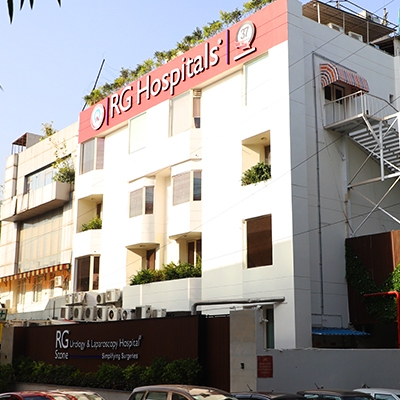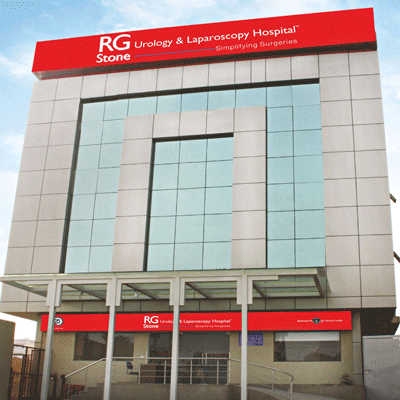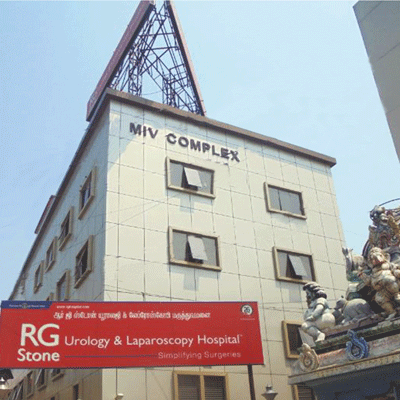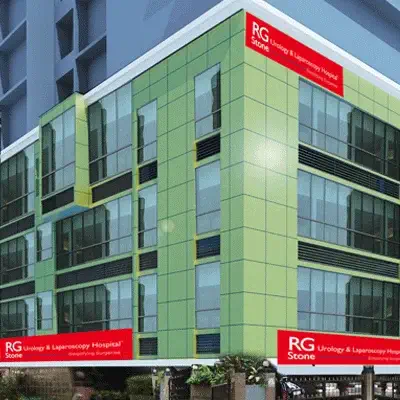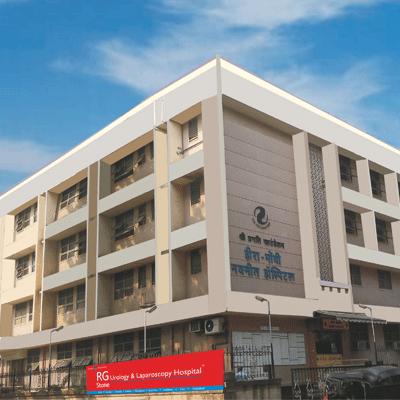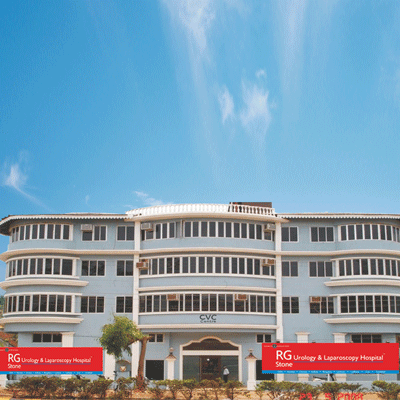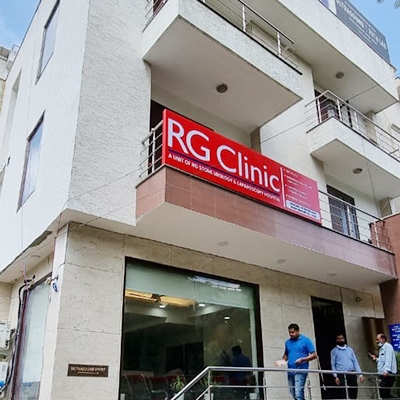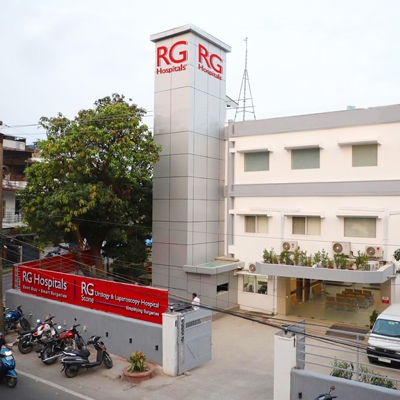Uncontrolled diabetes refers to a condition where blood glucose levels are not effectively managed, either due to insufficient insulin production (Type 1 diabetes) or the body’s inability to respond to insulin properly (Type 2 diabetes). This can lead to chronic high blood sugar levels, increasing the risk of complications such as heart disease, kidney damage, nerve damage, and vision problems. Uncontrolled diabetes occurs when lifestyle changes, medications, or insulin therapy are not sufficient to maintain normal blood sugar levels, and it requires ongoing medical intervention and monitoring to prevent long-term complications.
Procedures & Interventions
Insulin therapy is a cornerstone treatment for individuals with Type 1 diabetes and is often used for Type 2 diabetes when oral medications are insufficient. It involves the regular injection or infusion of insulin to help control blood sugar levels. There are various types of insulin (rapid-acting, long-acting) depending on an individual's needs. Proper insulin management helps regulate blood glucose and prevent complications.
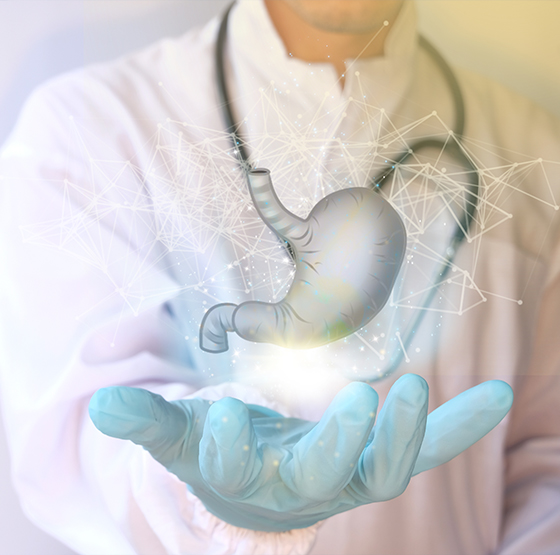
Insulin therapy is a cornerstone treatment for individuals with Type 1 diabetes and is often used for Type 2 diabetes when oral medications are insufficient. It involves the regular injection or infusion of insulin to help control blood sugar levels. There are various types of insulin (rapid-acting, long-acting) depending on an individual's needs. Proper insulin management helps regulate blood glucose and prevent complications.
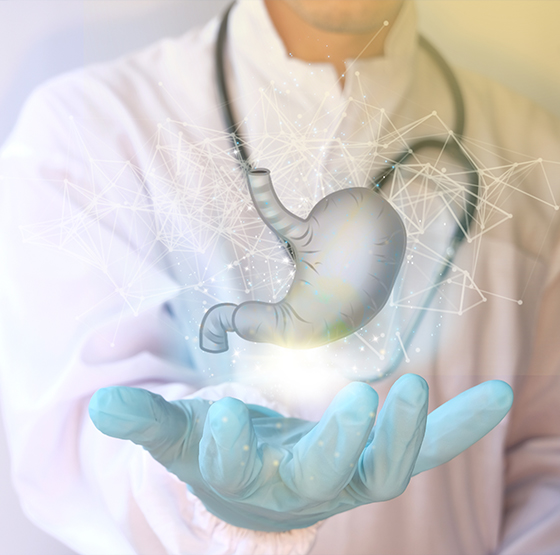
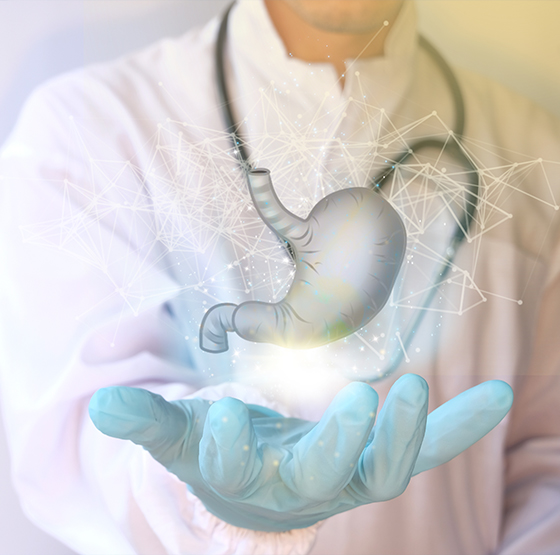
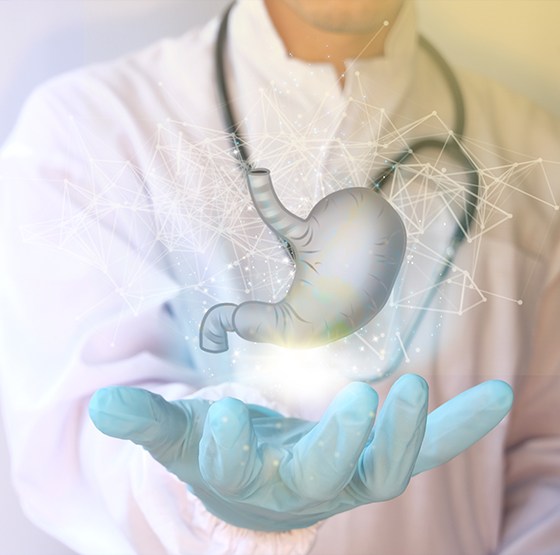
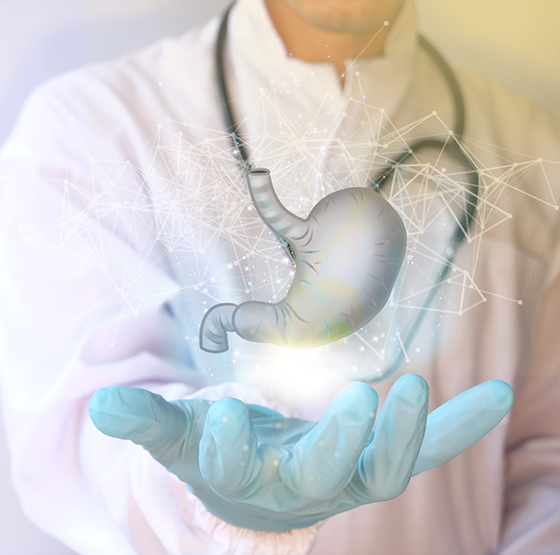
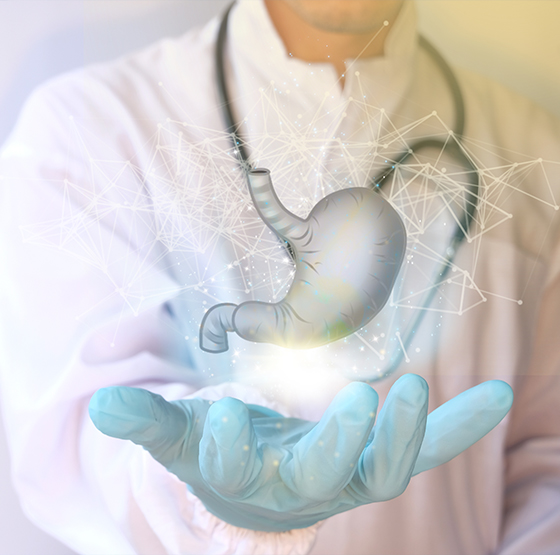
Team of Excellence
Behind every recovery story at RG Hospitals is a team of exceptional doctors whose passion for healing and innovation continues to transform healthcare and redefine patient outcomes.
Find a DoctorLooking for an Expert
RG Hospitals is proud to be the home of some of the world's most distinguished doctors.

Patient Stories
View AllPatient Testimonial | Commitment To Care
Treated by Dr. Manoj Gupta , RG Stone Hospital, Dehradun
- All Locations
- New Delhi
- Haryana
- Punjab
- Kolkata
- Chennai
- Mumbai
- Goa
- Uttar Pradesh
- Uttarakhand


